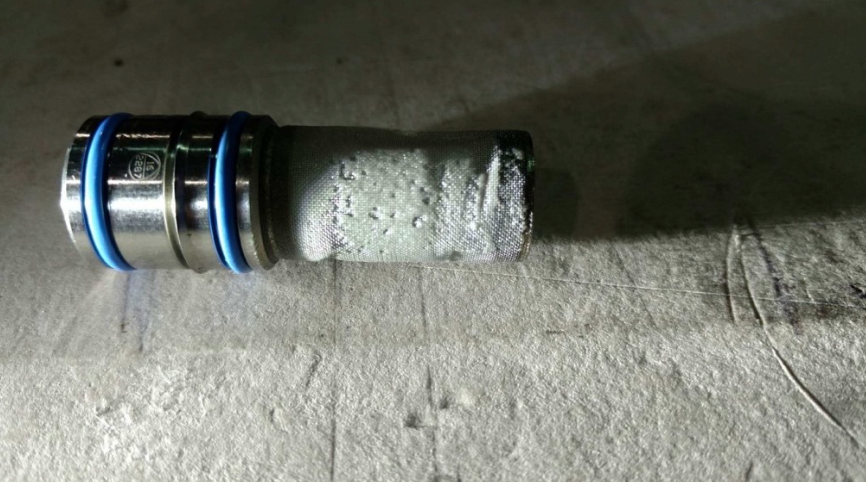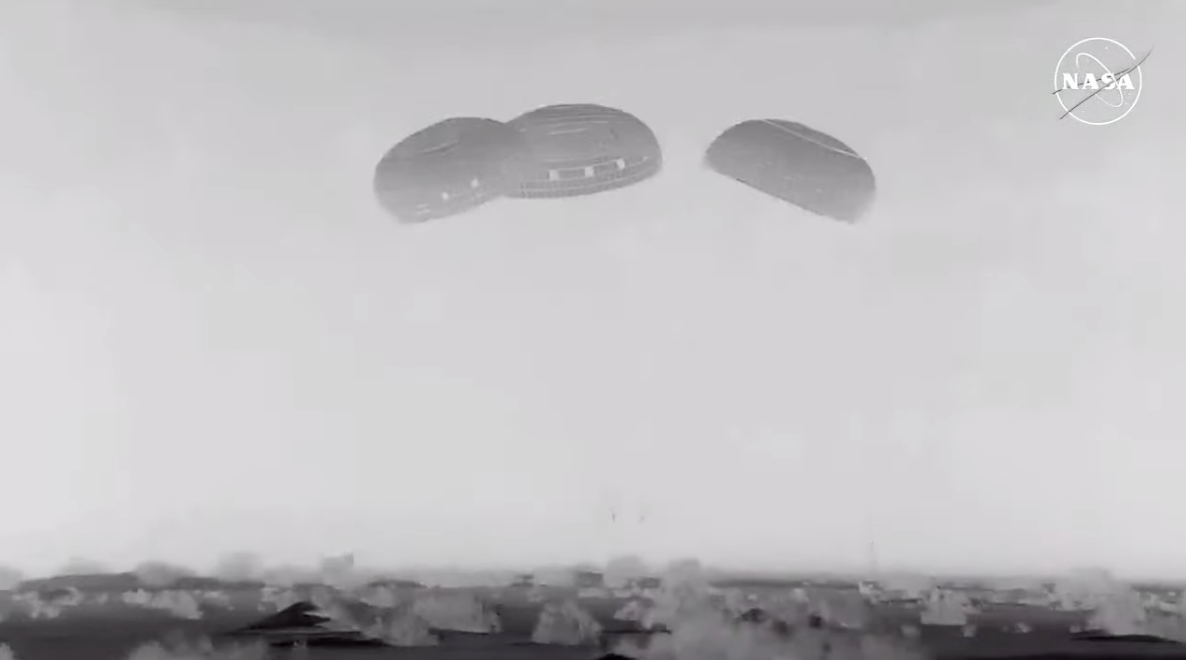DEF Contamination Causes Dead-Stick Landing, No Injuries
Despite a major awareness and training campaign, the National Air Transportation Association says diesel exhaust fluid (DEF) remains a potentially catastrophic hazard for aviation. In a news release, the organization…

Despite a major awareness and training campaign, the National Air Transportation Association says diesel exhaust fluid (DEF) remains a potentially catastrophic hazard for aviation. In a news release, the organization said a business jet in the southeastern U.S. recently experienced a double flameout and glided to a dead stick landing 280 miles away. There were no injuries but the report didn't say if the aircraft was damaged. It was the fifth such incident in five years and so far there have been no injuries, but aircraft engines and fuel systems were damaged.
DEF is not a fuel additive. Its use is mandated for diesel vehicle engines (including those in airport fuel trucks) where it is stored in a separate tank and injected into the exhaust to reduce emissions. When added to fuel, it forms crystals that quickly clog lines and filters and damage moving parts. In the previous cases, DEF was mistaken for fuel system icing inhibitor and added by the FBO. Both are clear fluids. It's not clear if that's what happened in the most recent mishap, but NATA is urging fuel handlers to ensure staff training on preventing this kind of contamination.






